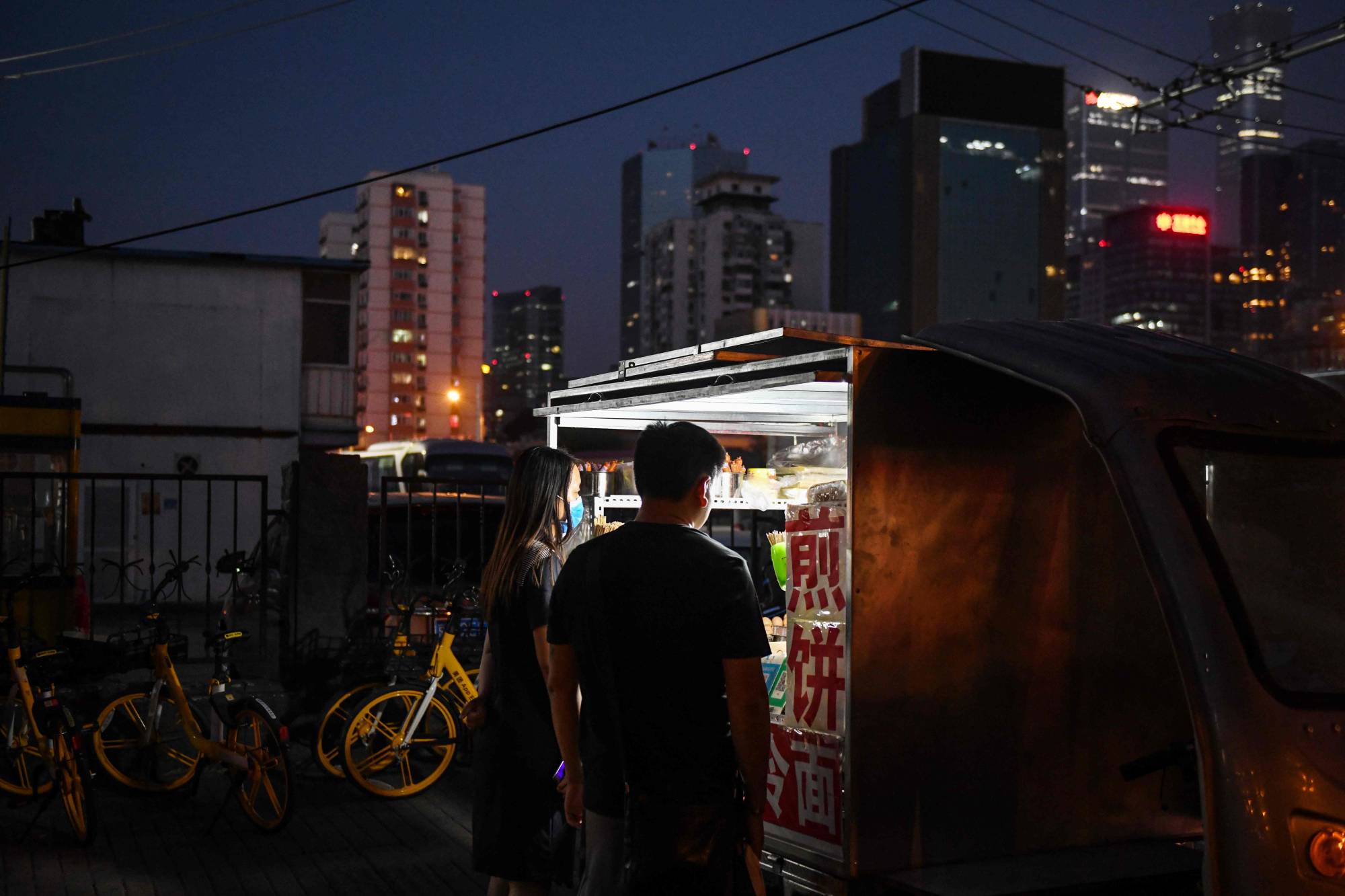For a decade, I lived in a leafy Shanghai neighborhood known for unlicensed street vendors who sold barbecued lamb kebabs, knock-off DVDs and (often) hashish. Local police long tolerated their presence, usually in return for DVDs and kebabs. But eventually, as the neighborhood trended upscale and orderly, the stalls and the vendors were pushed out, victims of China’s often-brutal bid to rid its streets of informal businesses and the headaches they created.
Two weeks ago, that national campaign abruptly halted when Li Keqiang, China's premier, invited the street vendors to return. His rationale was twofold. First, China is facing a significant economic downturn and needs all the jobs it can get. And second, street vendors make tasty food. He's right on both counts, but unfortunately wrong on the policy. Reopening China's cities to unregulated street vendors would only undermine the government’s far more important priorities.
More than 2,000 years ago, Chinese writers were already complaining about migrants who set up unlicensed businesses on city streets. A millennium later, Zhang Zeduan painted "Along the River During the Qingming Festival,” a revered scroll (sometimes referred to as "China’s ‘Mona Lisa’ ”) that depicts daily life during the Song Dynasty. Street vendors are prominently stationed in the busiest parts of the city, hawking food and goods.


















With your current subscription plan you can comment on stories. However, before writing your first comment, please create a display name in the Profile section of your subscriber account page.